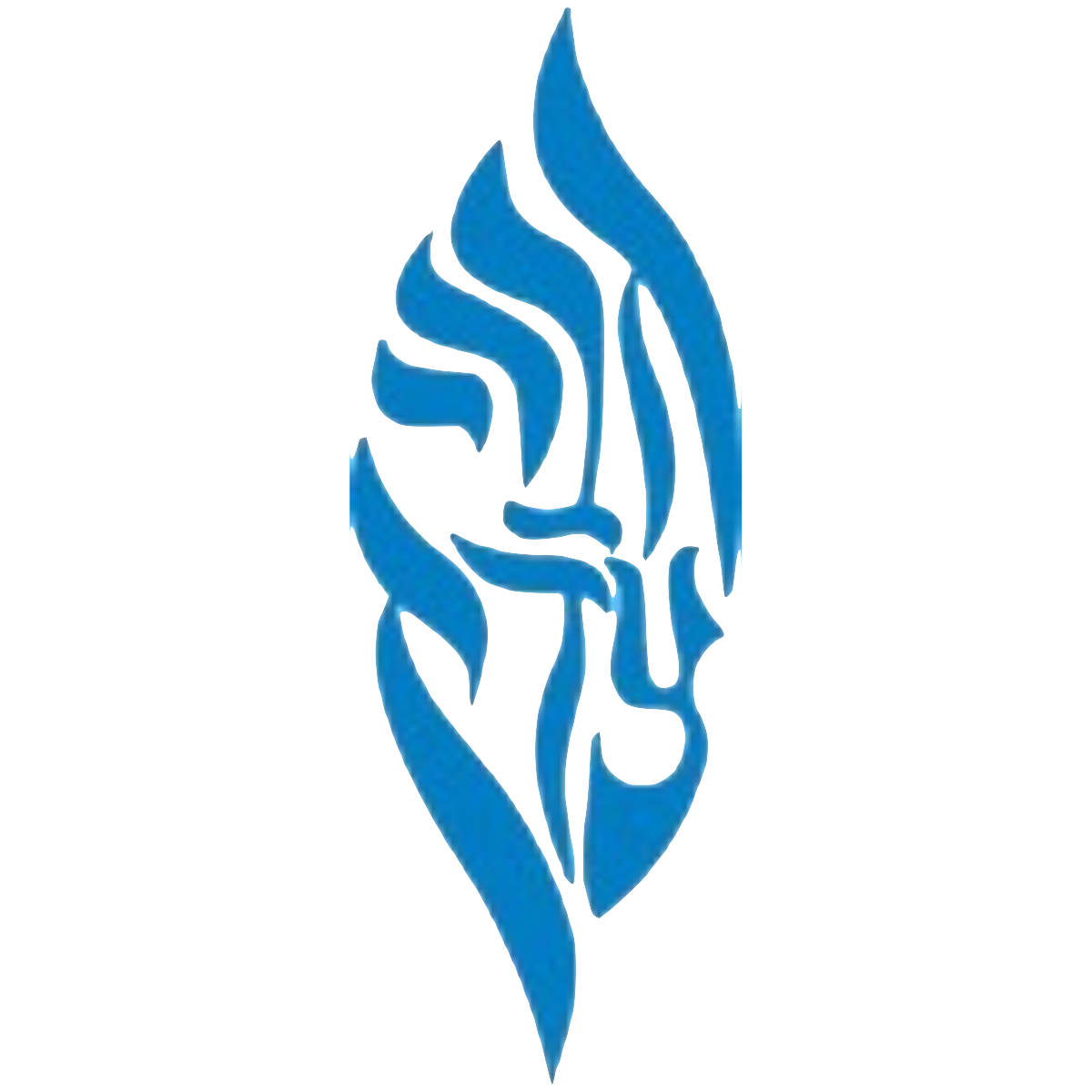During this part of the school year, I, along with my colleagues who teach Judaics, spend time with our classes exploring the themes and practices of Shavuot. A number of the popular resources we use - videos and such - refer to Shavuot as “the forgotten holiday,” or some variation thereof. While not entirely untrue, I feel like this gives Shavuot a bum rap. Calling it the forgotten holiday seems to give us permission to keep on forgetting it.
As a younger person, I usually went to shul on Shavuot - my parents would go to say Yizkor on the second day - and once I became a regular Torah reader I always loved leyning from the reading on the first day, the passage that includes the 10 Commandments. We read this passage on Shavuot because it commemorates the Israelites receiving the Torah at Mount Sinai, according to one of the traditional explanations.
If on Pesaḥ we reenact our ancestors' journey out of Egypt, on Shavuot we reenact their experience at Sinai, hearing God’s word. Like they carefully prepared to accept the Torah, we prepare to receive the Torah anew. Until I went to college, I had never experienced the custom of Tikkun Leil Shavuot, staying up late (or all night) to learn Torah, in anticipation of reliving the Revelation at Sinai the next morning during the Torah reading.
My first year of college, I attended the Tikkun Leil Shavuot at the Jewish Theological Seminary with a few of my friends. Learning would go on all night and we would have a sunrise service in the morning. There were a number of interesting and creative sessions taught by students and professors, but what I remember most was the “free time,” when we went downstairs to the then-new Beit Midrash to learn on our own or in small groups.
My friends and I, eager to learn more about the holiday, decided to look to the Talmud. We were new-ish to Talmud study, and knew that there were tractates that discussed Shabbat, Pesaḥ, Sukkot, Rosh HaShanah - even Purim. We figured there must be a tractate on Shavuot. We found a volume on the shelf labeled שבועות - thinking we had found the right text, we took it down and began looking it over together. Within a couple of minutes, we realized that the title of the tractate, שבועות, was not referring to Shavuot, the holiday, but to Sh’vuot, oaths. (Perhaps the whole “forgotten holiday” thing isn’t so off base if the Talmud doesn’t even cover it…) We were a little embarrassed about our mistake, but excited to learn something new about the Talmud. Less excited about the technical discussion of legal oath-taking, we found another text to study and spent the next hour engaged in a more familiar Talmud text - the tractate Berakhot, about blessings and prayer. The custom of learning Torah on the first evening of Shavuot is one that has been an important part of my celebration of the holiday ever since.
I’m delighted that we’re continuing that tradition at Chevrei, and I hope you’ll join us on Sunday evening, starting at 7 with a potluck dairy/vegetarian dinner. You can sign up for dinner here. After dinner and Ma’ariv, we’ll engage in some learning together about the weird and wonderful world of Kashrut, enjoying some cheesecake and ice cream for dessert. The food will be delicious, the learning engaging and meaningful, and the community first rate. I’m looking forward to seeing you there!
Shabbat shalom and Ḥag Sameaḥ!
Join us for Shabbat services on Saturday mornings at 10:00am at the Myerberg Center.
Member Login
